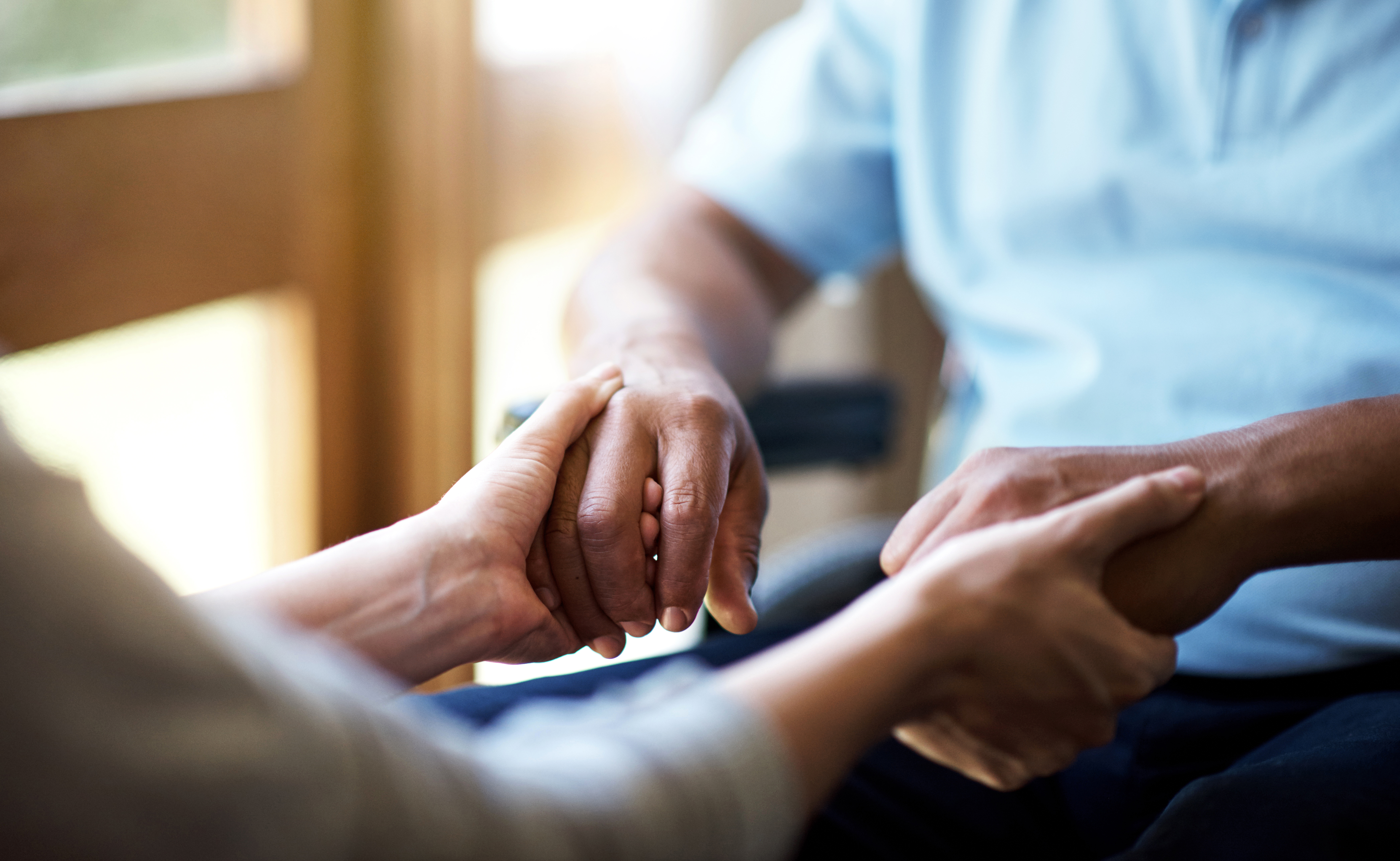AARP Hearing Center

As an only child and single adult, Paurvi Bhatt, 56, of Plymouth, was the sole caregiver for her Indian immigrant parents.
She struggled alone to balance her career as a health care executive with the duties of being a family caregiver that at one point forced her to take a yearlong leave of absence from work.
Now, Bhatt is preparing for her own future, including how to meet her health care needs as she ages. But planning resources to help older adults like Bhatt who live alone can be hard to find. “It’s a part of our health system and our care system that we haven’t invested in enough,” she says.
A growing number of older Americans are living on their own. In 2021, about 24 million people 50 and over lived alone, up from more than 21 million in 2012, U.S. census data shows. In Minnesota, nearly 450,000 residents 50-plus live on their own, up from more than 383,000 in 2012.
To help support older adults who live alone, AARP Minnesota is working with a local nonprofit on an initiative to create coach-led support groups. Though still in the initial planning stages, AARP hopes to help individuals develop support networks, create care plans and learn about resources they can tap into as they age.
“It’s really not enough to plan for your financial future,” says Cathy McLeer, AARP Minnesota state director. “You have to plan for your health care needs.”
Finding local help
Living alone can be challenging for older adults—even those who have children. They may no longer drive and could have trouble getting to doctor’s appointments or the grocery store. Some may struggle with meal preparation, housecleaning and other basic day-to-day tasks. Others might just miss being able to get out and socialize.
Not everyone who lives alone is lonely, but research shows that people who do experience loneliness are often at higher risk of health problems such as heart disease, high blood pressure, depression and cognitive decline.
A 2021 national AARP survey of adults 50 and older found only about one-third of those aging alone said someone they know could help manage their household if they could no longer do so. Slightly more than three-quarters said they had done little or no planning for their assistance needs as they age.
It’s important to realize that older adults living alone may have children and other family members but, for whatever reason, still lack support, notes Linda Camp, a St. Paul-based consultant. She is working with AARP on having its volunteers help with the support groups.
“The traditional sense of duty toward family members has weakened over time in America,” Camp says.
While some people don’t have family support, others don’t want to put responsibility for their care on their children.
Harry Hartigan, 75, of St. Paul, moved into a third-floor apartment in a senior-housing building that has an elevator, heated garage and wheelchair accessibility, so he doesn’t have to rely on anyone.
“I don’t want to get to the point when my kids say, ‘What are we going to do with Dad?’ ” says Hartigan, who provides spiritual support for members of the LGBTQ community who are in treatment for substance abuse and mental health issues.
For support in Minnesota, Camp recommends contacting the state’s Senior LinkAge Line at 800-333-2433 to learn about available help such as meal deliveries and assisted transportation. Also find local support by going to states.aarp.org/minnesota/caregiver-resources.
For people who are still working, Bhatt suggests routinely reviewing and updating work benefits.
Mary Van Beusekom is a writer living in Excelsior, Minnesota.
More on Solo Aging
- Solo Agers Facing the Future Need a Network of Friends
- Planning Tips for People Without Caregivers Nearby
- Helping a Loved One Live Independently at Home































































